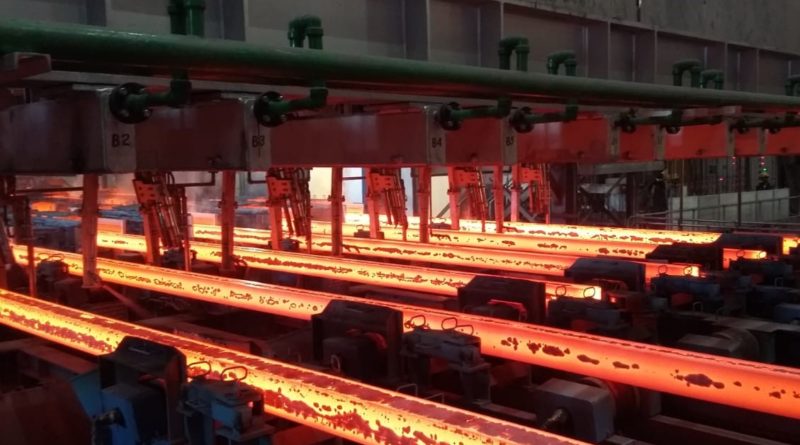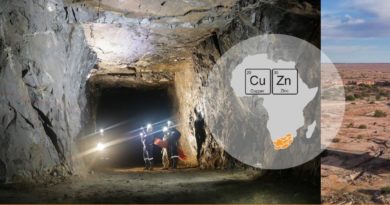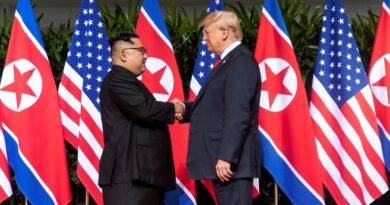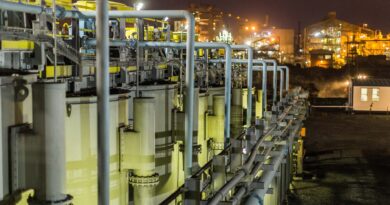Steelmaking body deeply concerned over deterioration in steel market conditions
The OECD Steel Committee has expressed deep concern over the deterioration in steel market conditions related to the COVID-19 crisis, and agreed to accelerate work to build a comprehensive database of government support provided to steel producers in major steel-producing economies.
OECD Steel Committee Chairman Mr Ulf Zumkley at the 89th Session of the OECD Steel Committee said “Important challenges need to be overcome to ensure the sustainable recovery of the global steel industry. The COVID-19 pandemic has had a negative impact on the global economy in general, and on the steel market in particular.”
Besides risks related to the pandemic, the main risks to the steel market outlook include the impacts of growing global excess capacity, supported by harmful government subsidies and investment policies that are putting the long-run viability of producers at risk and should therefore be addressed urgently.
The latest available data from the OECD show that global steelmaking capacity increased to 2,453 million tonnes in 2020. In addition, the gap between global steelmaking capacity and crude steel production increased to 625 million tonnes in 2020.
The Committee noted deep concerns that a number of planned capacity increases are premised on expectations of strong increases in future demand, with many investments being supported by governments and not driven by market considerations.
Several of these investments are cross-border in nature. This creates a significant risk of exacerbating the excess capacity situation, and raises the likelihood of supply further overshooting the true needs of the market. The Committee underscored the need to engage with all relevant stakeholders to foster better understanding of these developments and address their risks.
Mr Zumkley also said “State-owned enterprises account for a significant portion of global crude steelmaking capacity. While concentrated in certain geographies, SOEs have global reach through their engagement in international trade and investment. With the activities of SOEs in domestic and international steel markets potentially creating market distortions, members of the Committee agreed to advance their work in this area with two key objectives: first, to better understand the market context of cross-border investments by SOEs and the financial conditions of the relevant firms and, second, to shed light on the financing of SOEs and support measures provided to them.”
The OECD Steel Committee has 25 members Austria, Belgium, Canada, the Czech Republic, Finland, France, Germany, Hungary, Italy, Japan, Korea, Luxembourg, Mexico, the Netherlands, Poland, Portugal, the Slovak Republic, Slovenia, Spain, Sweden, Switzerland, Turkey, the UK, the US and the EU. In addition, five associates Brazil, Kazakhstan, Romania, Russia and Ukraine and seven participants Argentina, Bulgaria, Egypt, India, Malaysia, South Africa and Chinese Taipei bring their perspectives to the Committee’s work.




